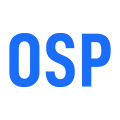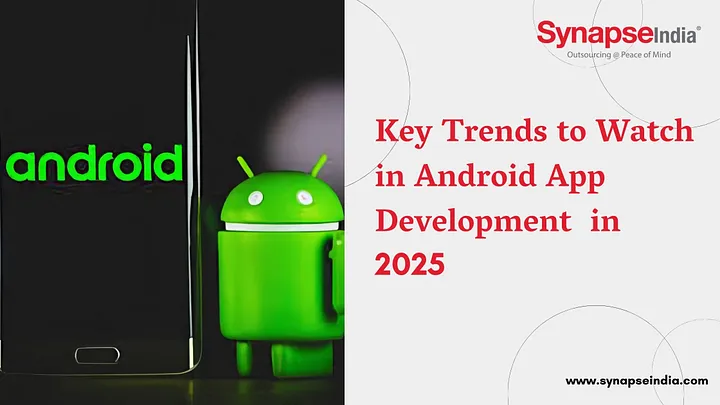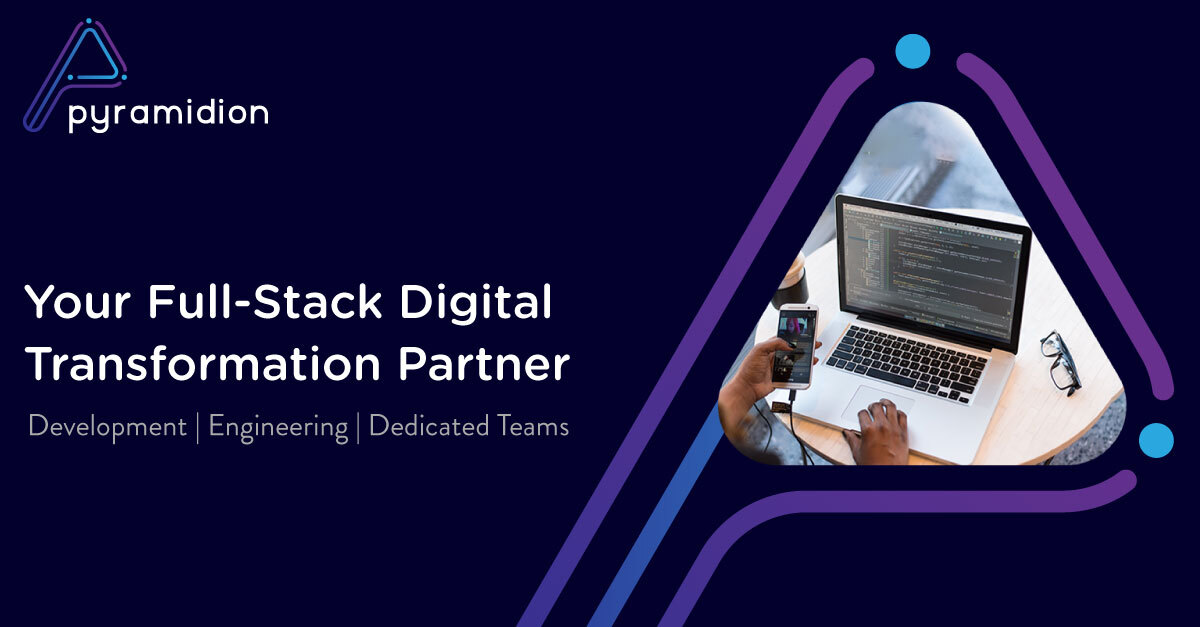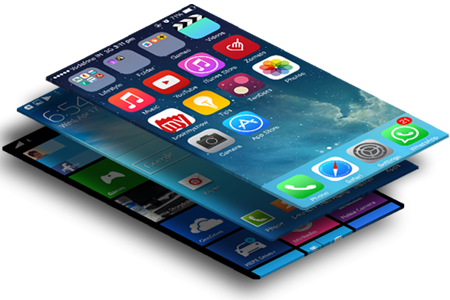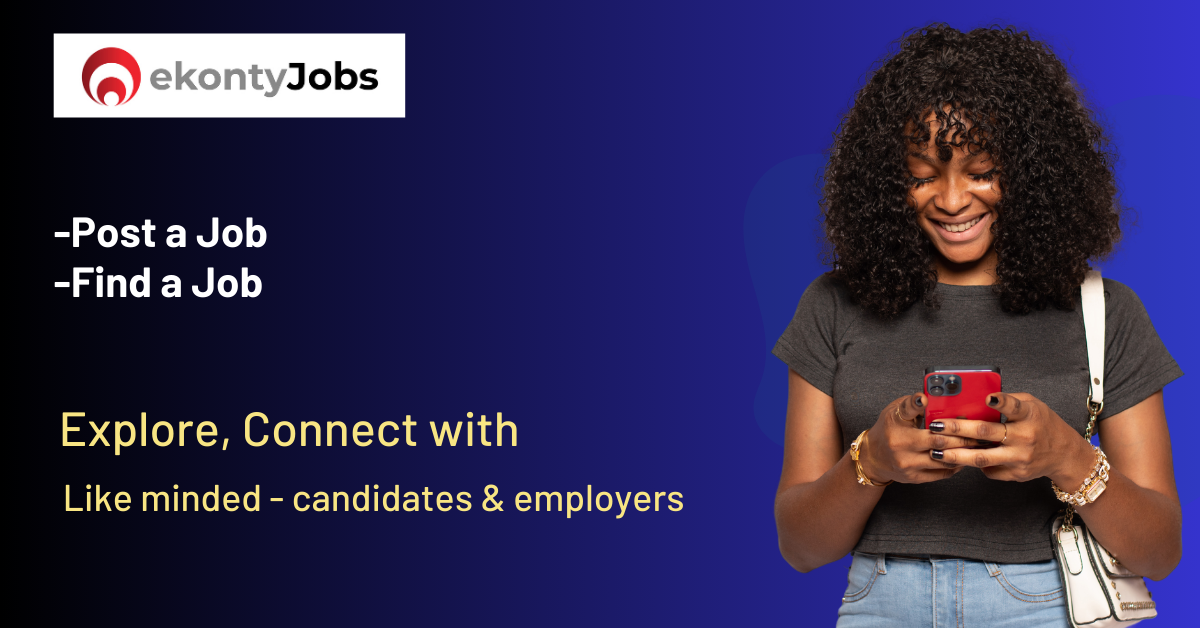Transforming Healthcare Delivery with Custom Mobile Solutions:
In recent years, healthcare app development has become crucial in optimizing patient care, improving clinical workflows, and enhancing overall operational efficiency within the healthcare sector. These mobile applications serve both healthcare providers and patients by bridging gaps in communication, simplifying administrative tasks, and ensuring better access to care. By utilizing innovative technologies such as Artificial Intelligence (AI), Internet of Things (IoT), and Blockchain, custom healthcare applications are revolutionizing how healthcare services are delivered and managed.
Enhancing Patient Engagement and Care
One of the key areas in healthcare app development is improving patient engagement. Mobile applications that allow patients to schedule appointments, consult with healthcare providers remotely, and manage their health on-the-go empower individuals to take control of their care. These apps not only facilitate direct communication with healthcare professionals but also help in monitoring chronic conditions and managing medications.
Patient engagement systems help patients stay connected to their doctors, ensuring continuous care beyond hospital visits. By leveraging telemedicine and patient monitoring features, these apps enable real-time consultations, making healthcare more accessible and reducing hospital visits. This proactive approach improves health outcomes and enhances the overall patient experience.
Streamlining Administrative Workflows
Healthcare providers face numerous administrative challenges, including patient record management, billing, and appointment scheduling. Mobile applications that automate these tasks significantly reduce manual efforts and streamline operations. For example, mobile EHR (Electronic Health Record) solutions allow doctors to access patient data quickly and securely, making it easier to deliver timely and informed care.
Applications for practice management integrate various administrative tasks into one interface, making it easier for healthcare professionals to manage appointments, billing, insurance verification, and more. This not only improves the productivity of healthcare staff but also reduces errors and ensures smoother daily operations.
Revolutionizing Medical Prescriptions
Prescription errors are a serious concern in healthcare, often resulting from illegible handwriting or miscommunication between doctors and pharmacists. E-prescription apps eliminate these issues by allowing doctors to send prescriptions directly to pharmacies, reducing the risk of errors and speeding up the medication dispensing process. These apps ensure greater accountability and efficiency, allowing pharmacists to prepare prescriptions in advance, thus improving patient care.
Facilitating Lab Management and Testing
Laboratory management is a critical aspect of healthcare that requires careful organization of workflows, inventory, and patient test data. Custom applications tailored for laboratory management help streamline the entire process—from sample collection and scheduling to test result tracking. These apps can integrate medical informatics, providing valuable insights to physicians and lab technicians, thus enhancing the accuracy and efficiency of testing and diagnosis.
Improving Data Integration and Interoperability
As healthcare systems become more interconnected, interoperability has become a key factor in improving patient care. Custom healthcare apps can integrate with Health Information Exchange (HIE) systems, allowing for the seamless transfer of patient data between different healthcare providers. This integration ensures that doctors have access to comprehensive patient histories, improving decision-making and care coordination.
Moreover, cloud-based solutions enhance data storage and analytics, enabling healthcare providers to leverage operational data for better insights into patient care and administrative processes.
Concluding Thoughts
The integration of mobile applications in healthcare is reshaping how medical services are delivered, improving both the efficiency of healthcare providers and the overall experience for patients. Custom healthcare app development has the potential to enhance patient engagement, streamline administrative tasks, reduce prescription errors, and ensure better coordination between healthcare systems. As the healthcare sector continues to embrace digital transformation, mobile applications will play a central role in improving care quality, reducing costs, and ultimately delivering better health outcomes for patients worldwide.
Source:
https://www.osplabs.com/healthcare-app-development-services/
Transforming Healthcare Delivery with Custom Mobile Solutions:
In recent years, healthcare app development has become crucial in optimizing patient care, improving clinical workflows, and enhancing overall operational efficiency within the healthcare sector. These mobile applications serve both healthcare providers and patients by bridging gaps in communication, simplifying administrative tasks, and ensuring better access to care. By utilizing innovative technologies such as Artificial Intelligence (AI), Internet of Things (IoT), and Blockchain, custom healthcare applications are revolutionizing how healthcare services are delivered and managed.
Enhancing Patient Engagement and Care
One of the key areas in healthcare app development is improving patient engagement. Mobile applications that allow patients to schedule appointments, consult with healthcare providers remotely, and manage their health on-the-go empower individuals to take control of their care. These apps not only facilitate direct communication with healthcare professionals but also help in monitoring chronic conditions and managing medications.
Patient engagement systems help patients stay connected to their doctors, ensuring continuous care beyond hospital visits. By leveraging telemedicine and patient monitoring features, these apps enable real-time consultations, making healthcare more accessible and reducing hospital visits. This proactive approach improves health outcomes and enhances the overall patient experience.
Streamlining Administrative Workflows
Healthcare providers face numerous administrative challenges, including patient record management, billing, and appointment scheduling. Mobile applications that automate these tasks significantly reduce manual efforts and streamline operations. For example, mobile EHR (Electronic Health Record) solutions allow doctors to access patient data quickly and securely, making it easier to deliver timely and informed care.
Applications for practice management integrate various administrative tasks into one interface, making it easier for healthcare professionals to manage appointments, billing, insurance verification, and more. This not only improves the productivity of healthcare staff but also reduces errors and ensures smoother daily operations.
Revolutionizing Medical Prescriptions
Prescription errors are a serious concern in healthcare, often resulting from illegible handwriting or miscommunication between doctors and pharmacists. E-prescription apps eliminate these issues by allowing doctors to send prescriptions directly to pharmacies, reducing the risk of errors and speeding up the medication dispensing process. These apps ensure greater accountability and efficiency, allowing pharmacists to prepare prescriptions in advance, thus improving patient care.
Facilitating Lab Management and Testing
Laboratory management is a critical aspect of healthcare that requires careful organization of workflows, inventory, and patient test data. Custom applications tailored for laboratory management help streamline the entire process—from sample collection and scheduling to test result tracking. These apps can integrate medical informatics, providing valuable insights to physicians and lab technicians, thus enhancing the accuracy and efficiency of testing and diagnosis.
Improving Data Integration and Interoperability
As healthcare systems become more interconnected, interoperability has become a key factor in improving patient care. Custom healthcare apps can integrate with Health Information Exchange (HIE) systems, allowing for the seamless transfer of patient data between different healthcare providers. This integration ensures that doctors have access to comprehensive patient histories, improving decision-making and care coordination.
Moreover, cloud-based solutions enhance data storage and analytics, enabling healthcare providers to leverage operational data for better insights into patient care and administrative processes.
Concluding Thoughts
The integration of mobile applications in healthcare is reshaping how medical services are delivered, improving both the efficiency of healthcare providers and the overall experience for patients. Custom healthcare app development has the potential to enhance patient engagement, streamline administrative tasks, reduce prescription errors, and ensure better coordination between healthcare systems. As the healthcare sector continues to embrace digital transformation, mobile applications will play a central role in improving care quality, reducing costs, and ultimately delivering better health outcomes for patients worldwide.
Source: https://www.osplabs.com/healthcare-app-development-services/




